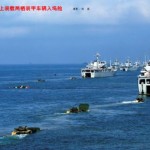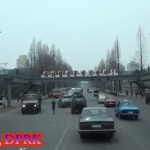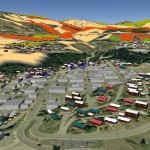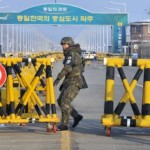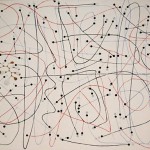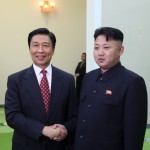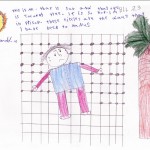
Peter Hayes writes: “Ultimately, commanders have to trust themselves, their staff, and their organization. But if …problem[s] reside in the nature of nuclear warfare itself, and the organizations are incapable of perfect implementation of nuclear strategy…then nuclear weapons are fatally flawed as a means of warfare…” Hayes quips, “Perhaps [we] should revise [the NRA] slogan: “Guns don’t kill people, people do” to: “Nuclear weapons don’t start nuclear wars; nuclear weapons organizational systems and people do.”
Peter Hayes is Professor of International Relations, School of Global, Urban and Social Studies, Royal Melbourne Institute of Technology University, Australia and Director, Nautilus Institute.


